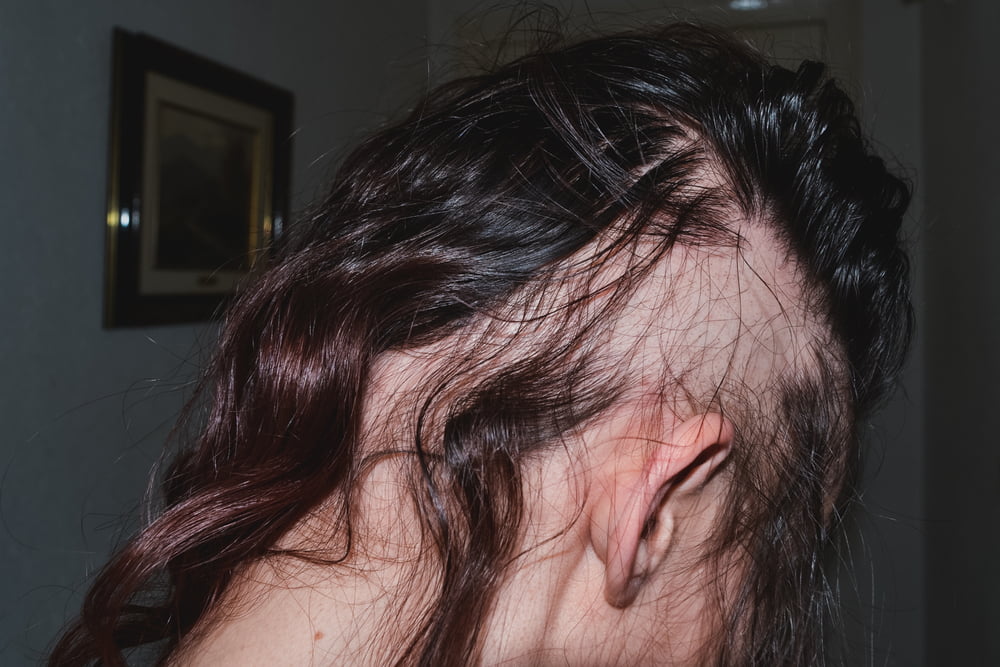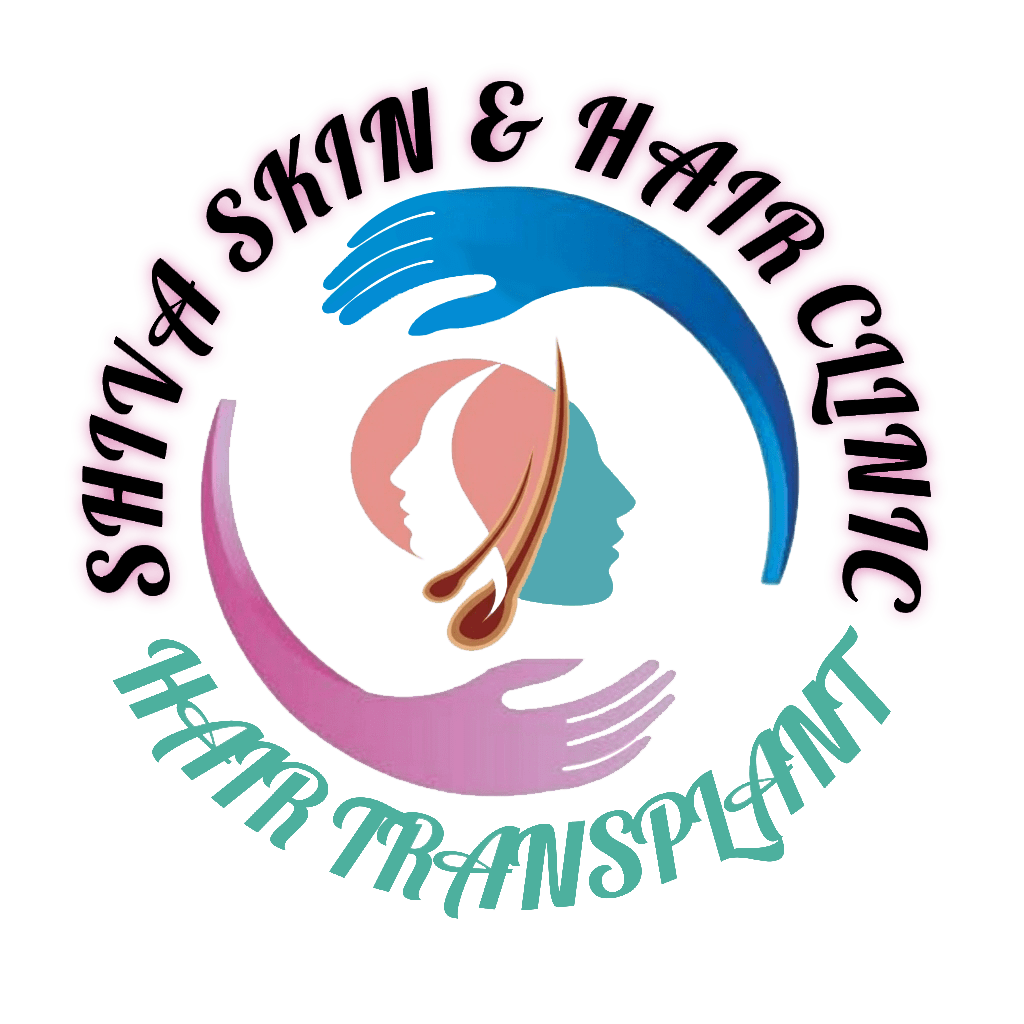Diffuse Hair Loss
Skin Treatments
Other Treatments
Have Any Question?
In case you wish to avail of the services from Dr. Shailesh Singh you could contact him via the following means
Request a Call Back

What is diffuse hair loss?
- Diffuse hair loss is a self-perceived loss of more than 25% of scalp hair.
- The decrease in hair density is more apparent on the central and the diffuse hair loss front portion of scalp.
- This condition is called as telogen effluvium and is different from androgenetic alopecia which is a patterned loss of hair.
What is normal hair growth and hair loss?
- Each hair grows at arate of approximately 1 centimeter per week.
- The hair cycle has three phases (anagen, catagen and telogen). It lasts for 2-6 years and is longer in females than in males.
- Approximately 90% of the hairs on the scalp are in the growing phase (anagen phase). The remaining hair are either in the resting phase (telogen phase) or about to fall off.
- On an average it is normal to lose up to 50-100 hairs each day. Some people may experience more hair fall than others.
What are the causes of diffuse hair loss?
Telogen effluvium is due to a sudden increase in the number of telogen hair. Effluvium means discharge or shedding off. The effluvium of these increased telogen hair is perceived as abnormal hair loss d is called as telogen effluvium.
Telogen effluvium can be caused due to multiple reason:
- Nutritional deficiency; specifically iron deficiency, protein deficiency and zinc deficiency.
- Autoimmune illness such as diabetes and thyroid disorders
- Sudden emotional stress or physical stress such as that seen after child birth, major surgery or loss of the loved one.
- Acute severe illness such as typhoid, malaria, dengue and covid19.
- Intake of certain medicines can also causes this kind of diffuse hair loss.
Can hair cosmetics or styling procedures aggravate hair loss?
- Shampoos with an alkaline pH can increase hair damage.
- Using hair prosthesis such as wigs, use of hair curlers, wearing tight braids and weaving of hair can lead to hair damage and cause hair loss.
- Similarly using hair cosmetics such as bleaching, coloring and straightening can also cause hair damage and hair loss.
Do environmental factors play a role in hair loss?
- Psychological stress, air pollution and tobacco smoking can lead to increased hair loss.
- Recent studies have shown that excessive sun exposure increases the rate of hair fall in women.
- However there is no evidence of role of hardness of water, used during hair wash, in causing hair loss.
What should be done if one suffer from hair loss?
- It is important to consult a dermatologist when one has a history of excessive hair loss.
- Dermatologist are trained to treat hair related problems. They can help in diagnosing the cause of hair loss and suggest appropriate treatment.
How is hair loss diagnosed? Is it necessary to do some test to diagnose the cause of hair loss?
- Assessing the hair loss in a patient is usually done clinically. A dermatologist will examine the scalp skin and hair and conduct a few bedside tests such as a hair pull test and dermatoscopy to make a clinical diagnosis.
- Laboratory test such as a complete blood count, thyroid screen, vitamin D level, iron profile and vitamin B12 level may be advised.
How is hair loss treated?
- In many cases the hair loss tend to correct by itself by a positive change in the life style and nutritional status.
- Treatment of underlying disorder such as thyroid, vitamin D deficiency and anemia.
How can I correct the thinning of hair that is left behind after my hair fall has stopped? Can surgery help in correcting the hair thinning?
- In case of the hair regrowtgh is not entirely satisfactory, you may consider to use hair prosthesis such as a hair piece, or a wig. However an improper prosthesis may cause further hair damage and hair loss.
- Hair loss due to increased telogen shedding is not treated with surgery. Hair restoration surgery is primarily indicated for androgenetic alopecia. Also hair loss due to burn or other trauma can be treated with surgery.
Does hair fall recur after the therapy is stopped?
- In certain cases where the cause of hair lossis unknown or where the cause cannot be treated, hair loss may recur after discontinuation of therapy.
- In these cases the doctor may advised to wearing hair prosthesis.
What are the myths associated with hair loss?
Certain myths are associated with the phenomena of hair loss. It is important to know that:
- Daily shampooing does not cause hair loss
- Avoidance of combing does not prevent hair loss
- Shaving of scalp does not cause hair to grow back thicker.
- Dandruff does not cause permanent hair loss
- Over the counter hair products do not help in thicker and faster hair regrowth.
- Coconut oil is effective as a conditioner and does not aid hair regrowth. Oils does not penetrate the hair shaft and do not help in hair growth.

